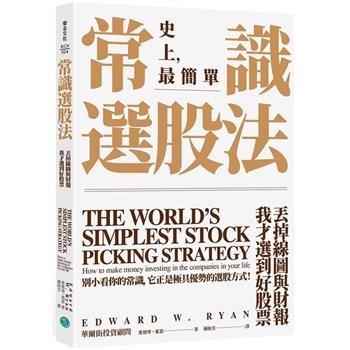This fresh perspective on the otherwise perplexing realm of quantum mechanics begins by connecting the notion of progress in science to the evolution and evaluation of concepts. The goal of conceptual and theoretical innovation should be to improve understanding, but hidden beneath the elegant equations of theoretical physics is a conceptual mess. Mathematical reductionism, confusion between the map and the terrain, and abject deference to consensus have joined forces to undermine the goal of obtaining a genuine understanding of quantum mechanics. It is time to clean up the conceptual side of theoretical physics.
Mathematics has often been abused in this domain, and this results in obscurantism, conceptual conflation, and a focus on frivolous intellectual cosmetics. Subtle assumptions that are baked into the existing equations will be articulated so that they can be evaluated. The shortcomings of both quantum mechanics and relativity make it impossible to unite them with a single, coherent theory of everything. Therefore, radical revisions of both theories are proposed.
The main subjects of the current interrogation will be our concepts of entropy, time, quantum entanglement, causality, and decision-making. Decision-making is itself a concept that will be examined, but decision-making is unique because concepts in general also derive their value and meaning from their role in decision-making. For example, entropy is a notoriously difficult concept to grasp, but only because its meaning has evolved and multiplied over time. Once the meanings of these basic but neglected concepts are clearly understood, thinking about quantum mechanics is permanently transformed. Contrary to the received wisdom, it will be argued that the invention/discovery of the photon was misconceived, that the second law of thermodynamics is deterministic, and that locality is an incoherent concept.












